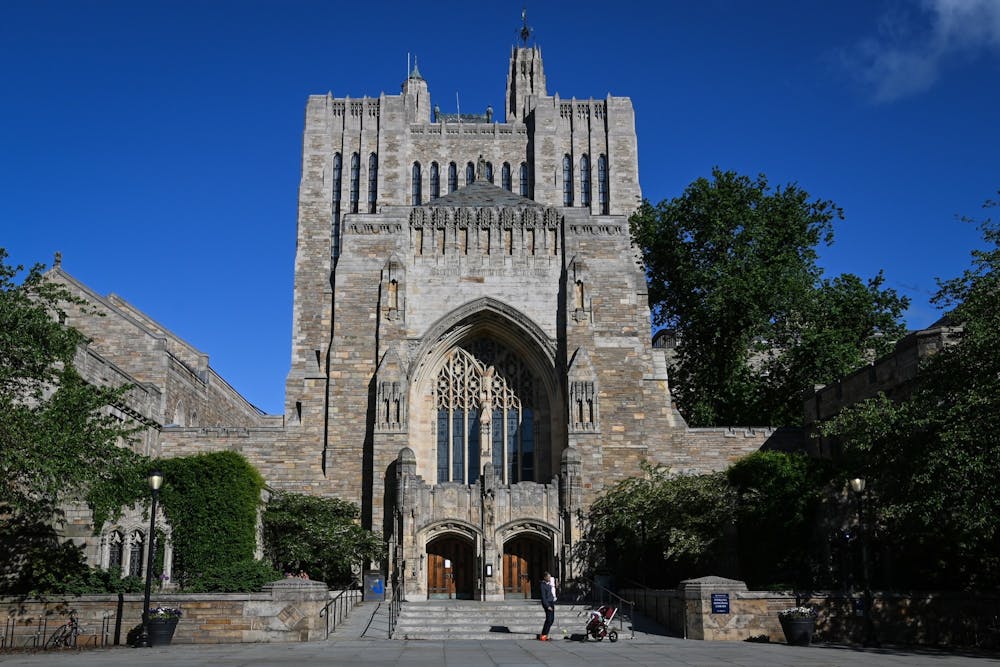
Yale University will create a faculty committee to investigate its donation policy after the director of a prestigious academic program resigned over concerns about donor influence.
Yale President Peter Salovey announced Friday that the committee will be made up of five faculty members and three senior administrative officials who will investigate the ways that gifts can influence academic teachings, the Yale Daily News reported. Yale faculty may also report concerns over specific gifts. While the committee will provide recommendations, it is unclear if it will have the authority to modify Yale's policy.
“This committee provides us an opportunity to ensure that our practices concerning gifts align completely with our unequivocal commitment to the free inquiry of the faculty,” Salovey wrote in an email to Yale faculty on Feb 4.
On Sept. 30 of 2021, Beverly Gage, a Yale professor of history and the director of the Brady-Johnson Program in Grand Strategy, resigned from her position, claiming that the administration failed to protect the program from donor influence.
The Brady-Johnson Program in Grand Strategy is a year-long course of study that explores the “large-scale, long-term strategic challenges of statecraft, politics, and social change,” according to the department’s website. The program features a variety of activities ranging from reading classic texts to engaging with top diplomats and military officials.
The program's two largest donors both have conservative ties — one is the former United States Treasury Secretary Nicholas F. Brady, who served under Presidents Ronald Reagan and George H.W. Bush, and the other, Charles B. Johnson, has a history of donating to Republican causes.
The two donors have attempted to form an advisory board for the program made up of conservative figures including former United States Secretary of State Henry Kissinger. Gage — who took charge of the program in 2017 — attempted to steer the curriculum toward including beliefs from a diverse range of perspectives and political ideologies, the Yale Daily News reported.
After Gage announced her resignation, Salovey published a letter to the Yale community in which he reinforced the university’s commitment to academic freedom.
“I am genuinely sorry that she did experience more unsolicited input from donors than faculty members should reasonably be expected to accept,” Salovey wrote in the letter. “We must always ensure that faculty members are protected from any interference in shaping the curriculum and in setting the course for their research and scholarship.”
Gage, who is still employed at Yale as a history professor, wrote in an email to The New York Times that she feels hopeful that the new faculty committee could help restore academic independence to the Grand Strategy Program’s curriculum and set a new path forward for the university.
“The committee initiative looks very promising,” Gage wrote in the email, “though of course its effectiveness will depend in part on the committee’s membership and leadership, and on their degree of access to university gift agreements and internal processes.”
The Daily Pennsylvanian is an independent, student-run newspaper. Please consider making a donation to support the coverage that shapes the University. Your generosity ensures a future of strong journalism at Penn.
Donate







